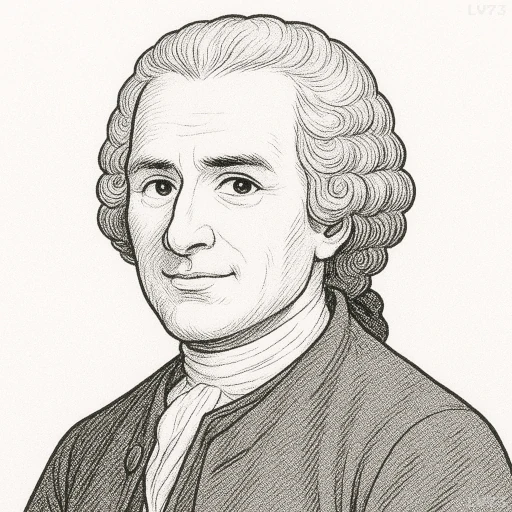“How many famous and high-spirited heroes have lived a day too long?”

- June 28, 1712 – July 2, 1778
- Born in Geneva
- Philosopher, political philosopher, writer, composer
table of contents
Quote
“How many famous and high-spirited heroes have lived a day too long?”
Explanation
In this quote, Jean-Jacques Rousseau reflects on the tragic tendency for some of the most celebrated and valiant individuals—whether heroes, leaders, or warriors—to outlive their time of greatness. Rousseau suggests that these individuals often become tragically diminished by living beyond their prime, their reputation and legacy tarnished as they age or face inevitable decline. The phrase “a day too long” implies that sometimes heroes, in their high-spirited youth, achieve great things, but their later years may be marked by irrelevance, decline, or even disgrace. Rousseau seems to mourn the way in which greatness can fade and how the fate of heroes can sometimes be tragically fleeting.
Historically, Rousseau’s perspective on the decline of heroes ties into his broader views on human nature and the cycle of life. He was deeply concerned with the idea of corruption over time, particularly how society, age, and external pressures could erode the virtue and moral integrity of individuals. He often examined the tension between youthful idealism and the disillusionment that can come with age. Rousseau may have been reflecting on how the arrogance or pride of high-spirited heroes can often lead to their downfall, or how they may be unable to adapt to changing circumstances, ultimately rendering them less effective or admired.
In modern contexts, this quote resonates in the way public figures, leaders, or celebrities sometimes experience a decline in their influence or reputation as they grow older. Whether in politics, sports, or entertainment, many individuals who once enjoyed great fame and admiration can find themselves overshadowed by the passage of time, their previous accomplishments overshadowed by later controversies, mistakes, or aging. Rousseau’s reflection serves as a reminder of the impermanence of heroism and greatness. It calls attention to the fact that even the most celebrated individuals can face decline, urging us to consider how we value the legacy of heroes, and the inevitable process of change that affects all who live too long in the spotlight.
Would you like to share your impressions or related stories about this quote in the comments section?

